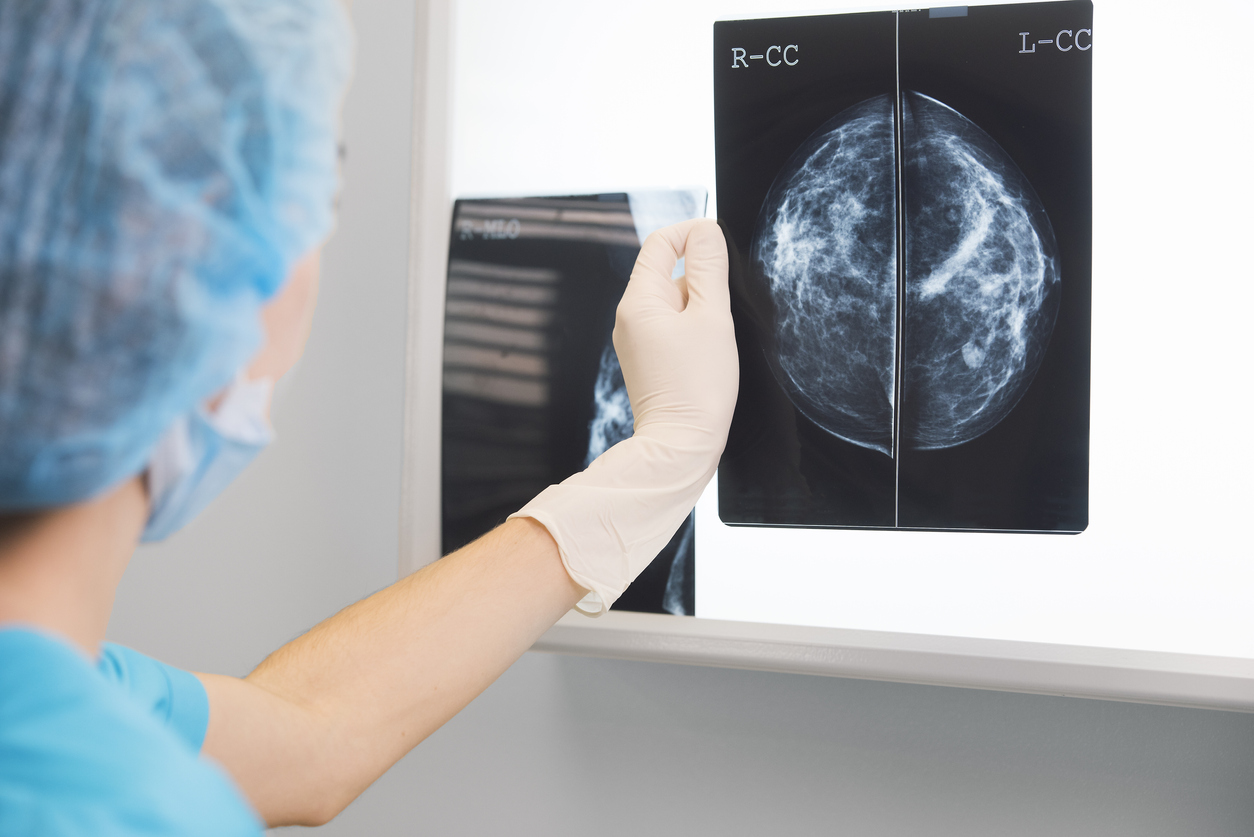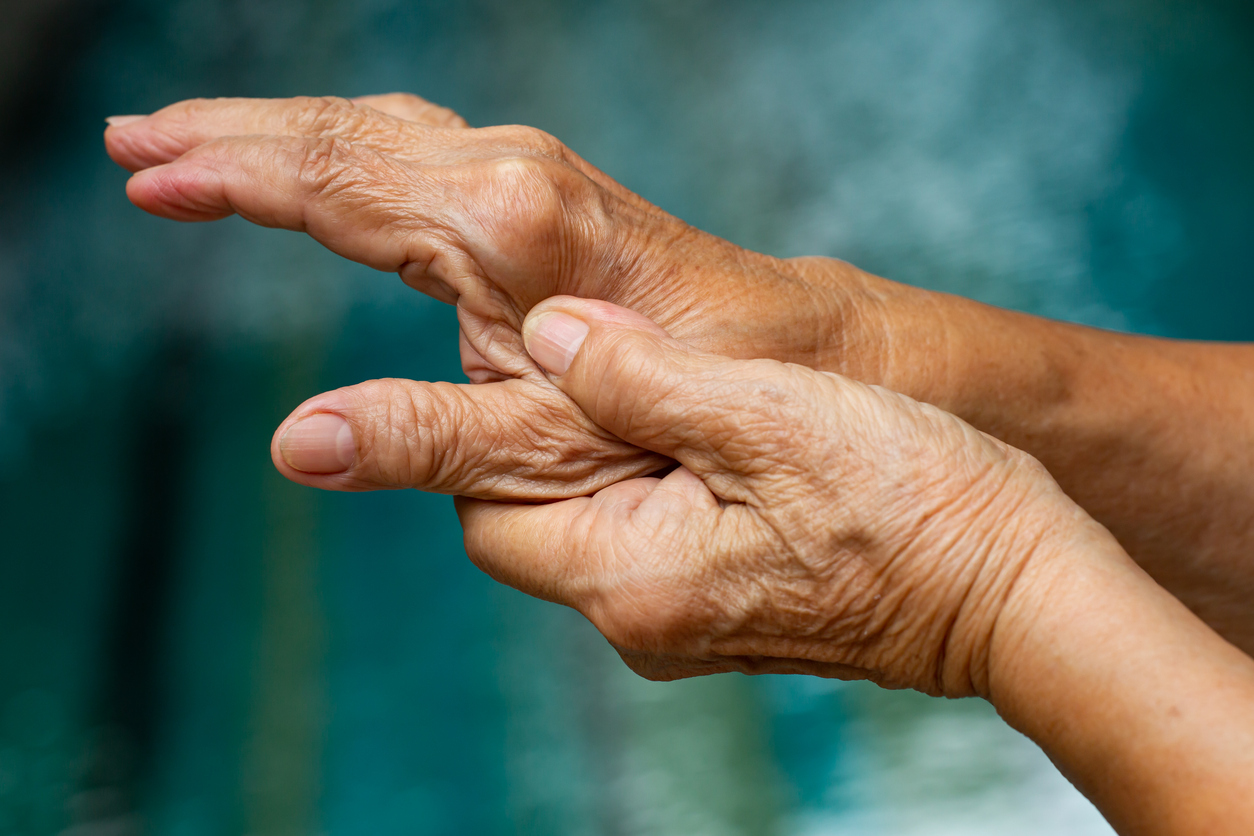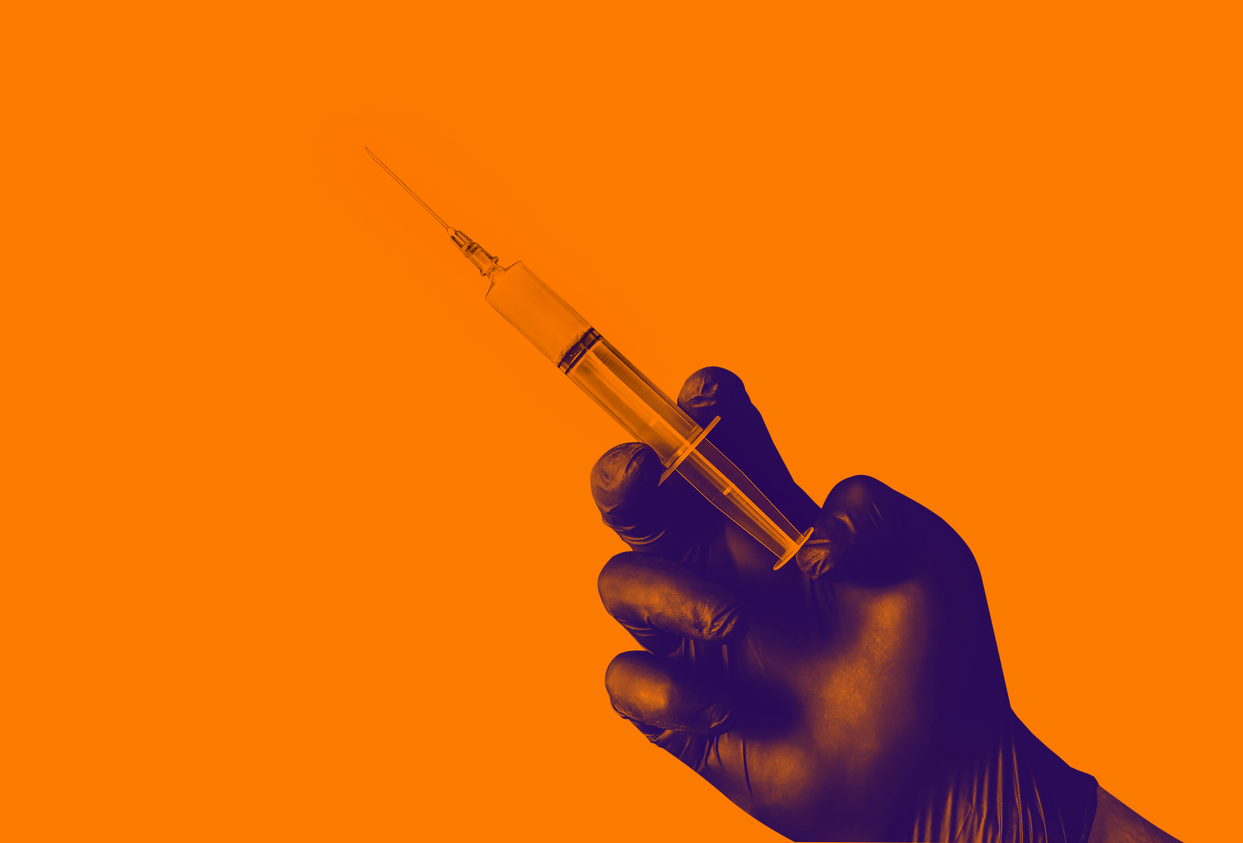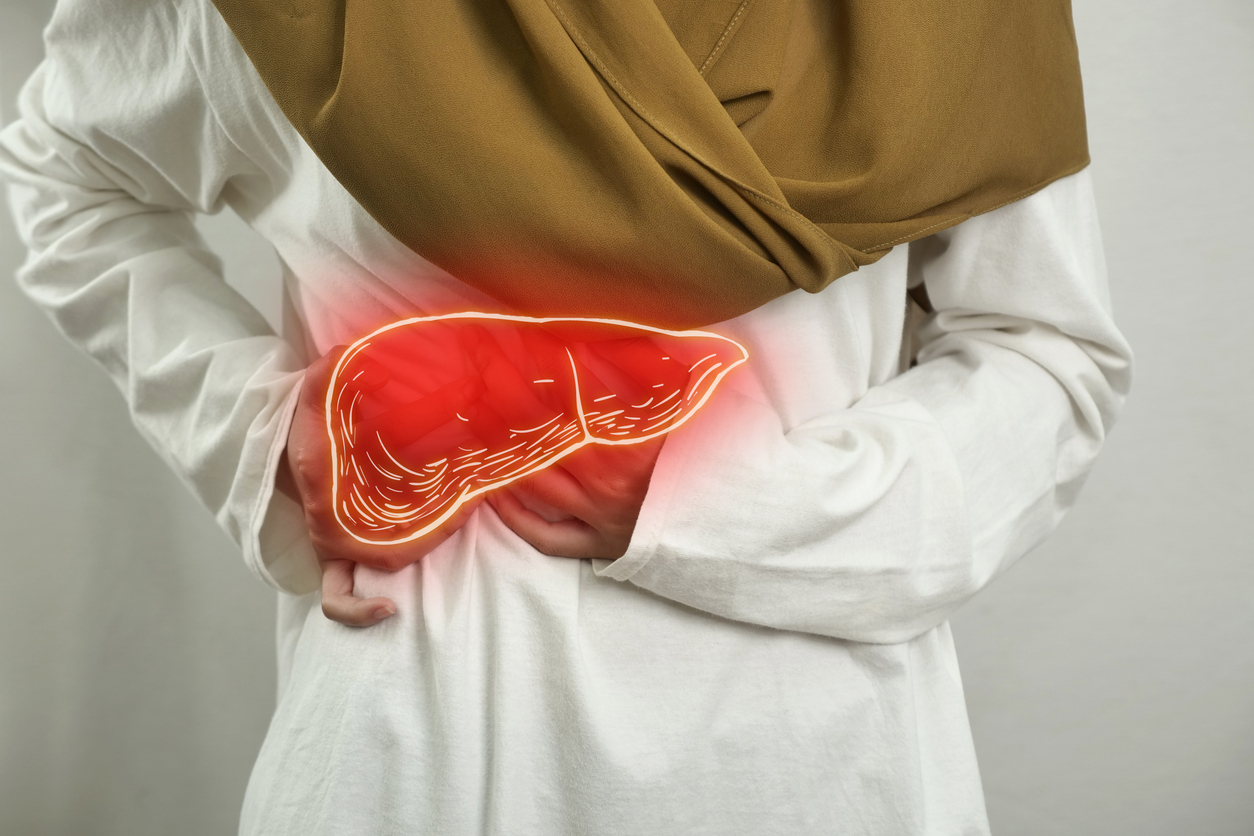2024-02-02
Prédire la réponse à l’immunothérapie dans le cancer du sein
Oncology
Les patientes atteintes d’un
cancer du sein répondent différemment à l’immunothérapie. Il est déterminant
d’explorer de nouveaux biomarqueurs capables de prédire précisément les
réponses cliniques à l’immunothérapie. Dans cette étude rétrospective
multi-cohortes, cinq cohortes de patientes atteintes d’un cancer du sein ont
été incluses pour valider un biomarqueur des phénotypes du microenvironnement
tumoral, en utilisant une voie radiomique basée sur l’apprentissage
automatique. Deux groupes de phénotypes du microenvironnement tumoral ont été
distingués, un groupe « immuno-enflammé » avec une infiltration
massive de cellules immunitaires innées et adaptatives, et un groupe
« immuno-désert », avec une infiltration faible de cellules immunitaires.
Le biomarqueur radiomique mis au point était capable de distinguer ces deux
types de microenvironnement.

Last press reviews
Could statins soothe inflammation?

By Ana Espino | Published on February 6, 2026 | 3 min read<br>
IAVI G004 trial: overview of a next generation HIV vaccine

By Carolina Lima | Published on February 5, 2026 | 3 min read
Liver, sugar, and pills: who's in control?

By Ana Espino | Published on February 4, 2026 | 3 min read<br>